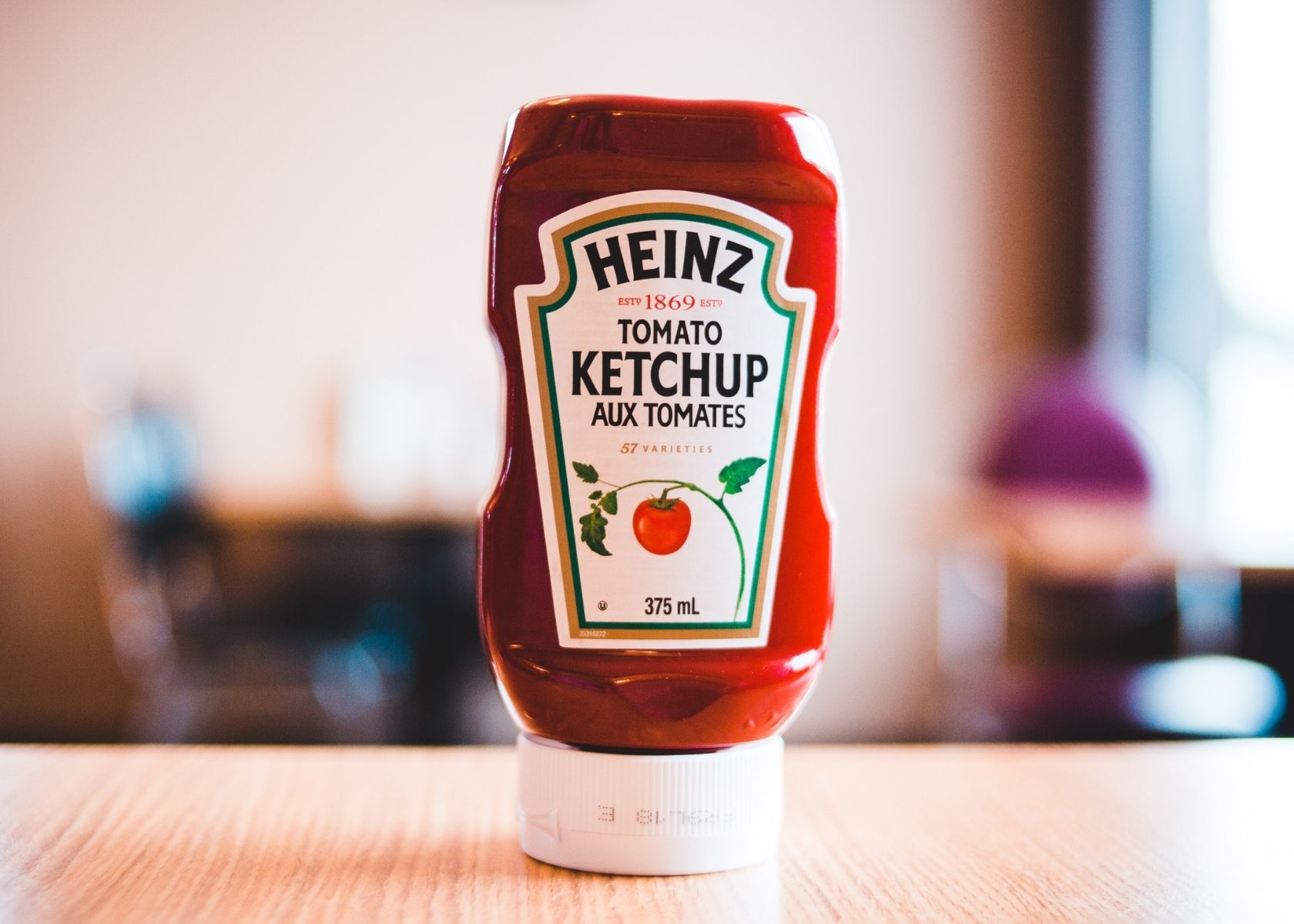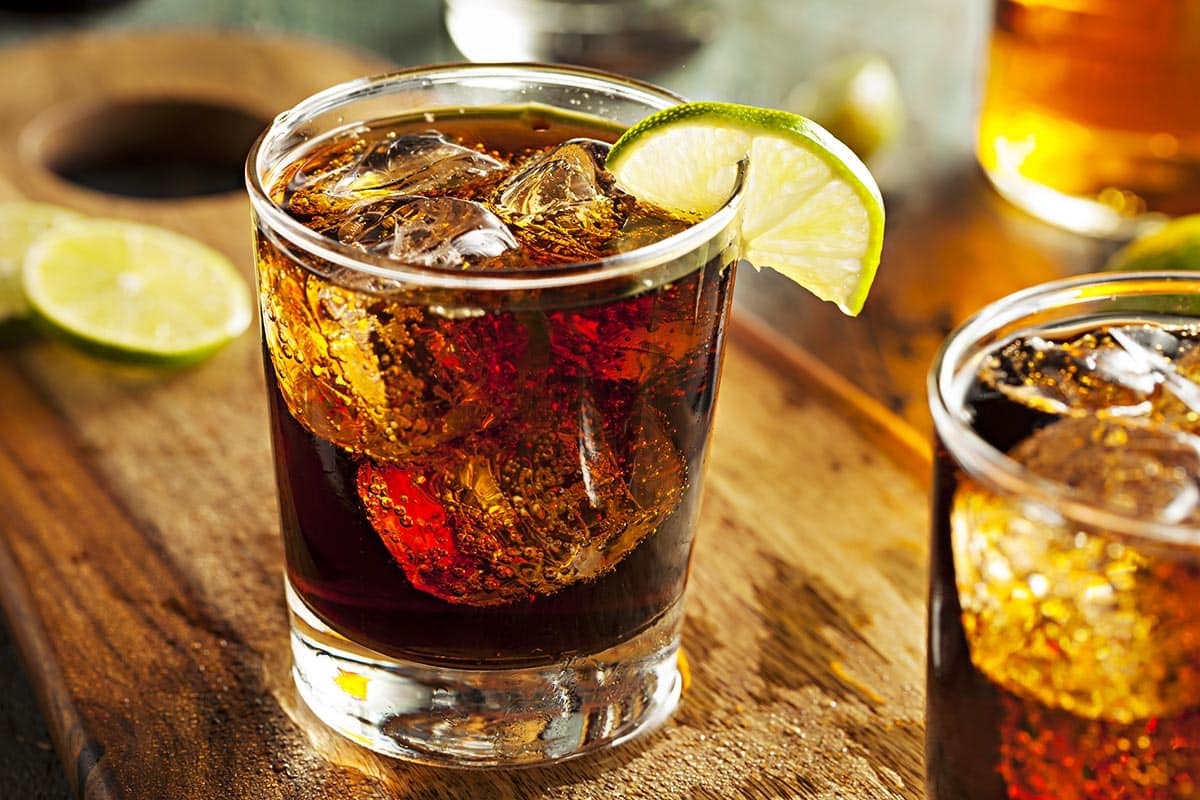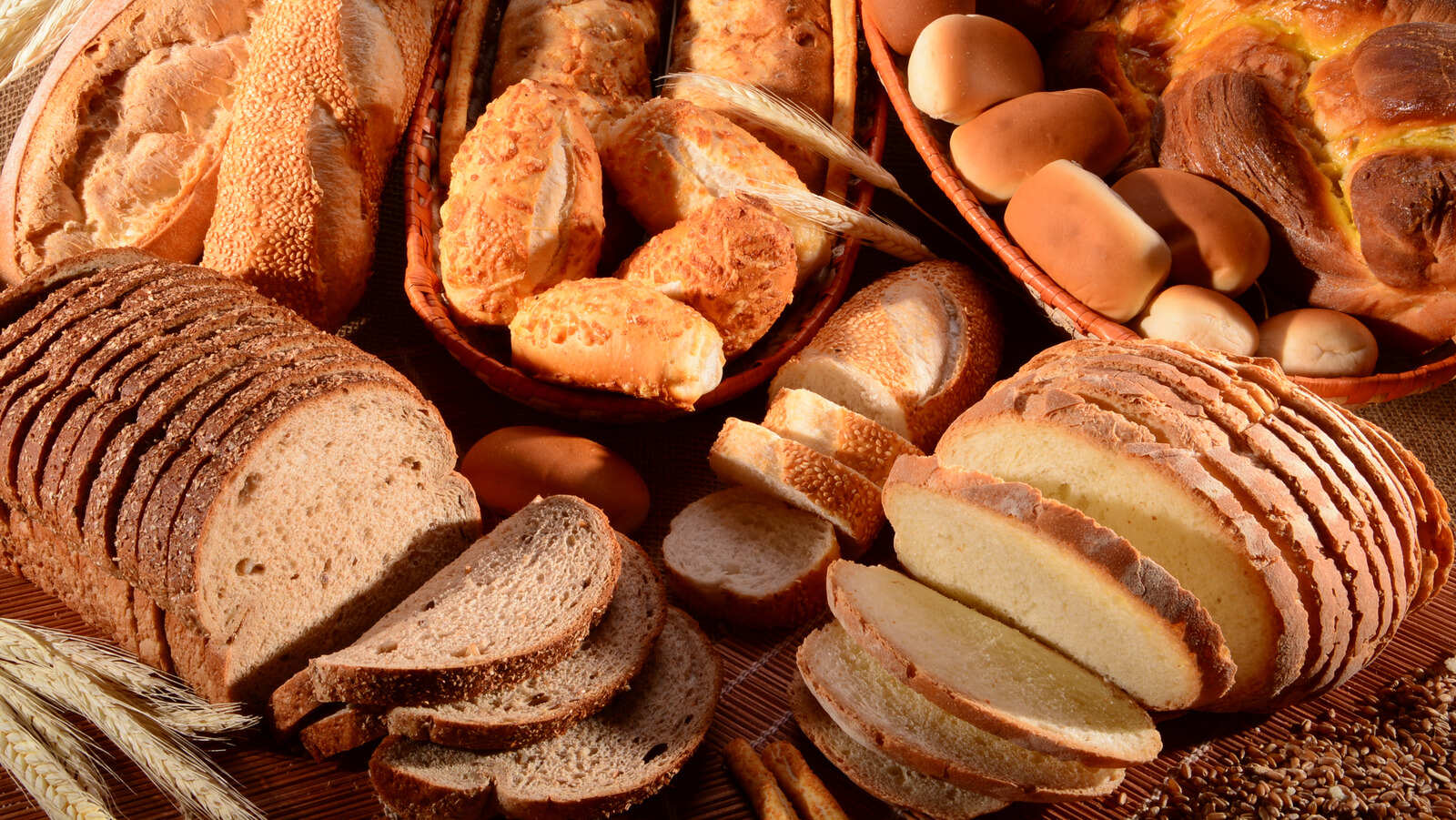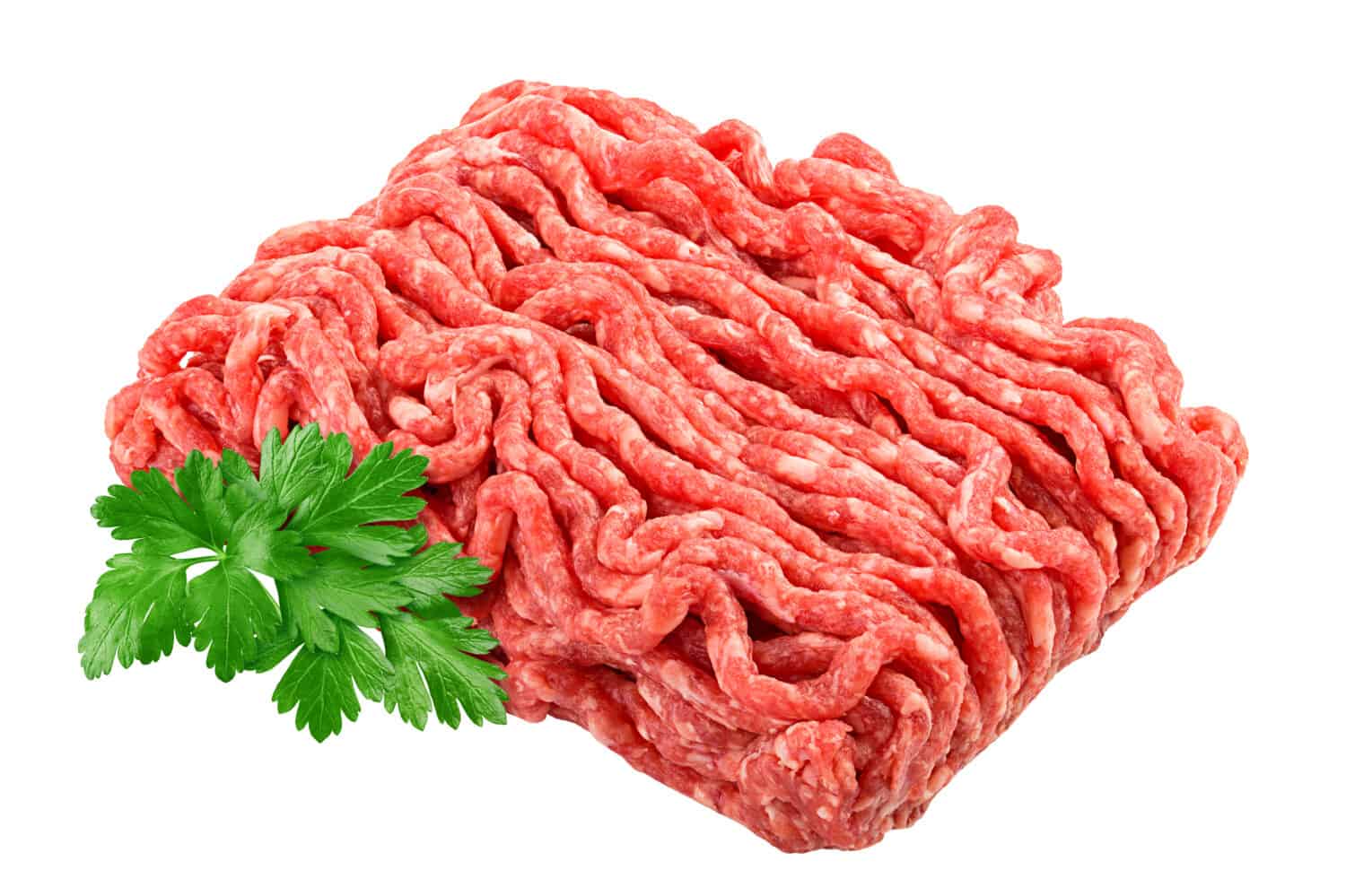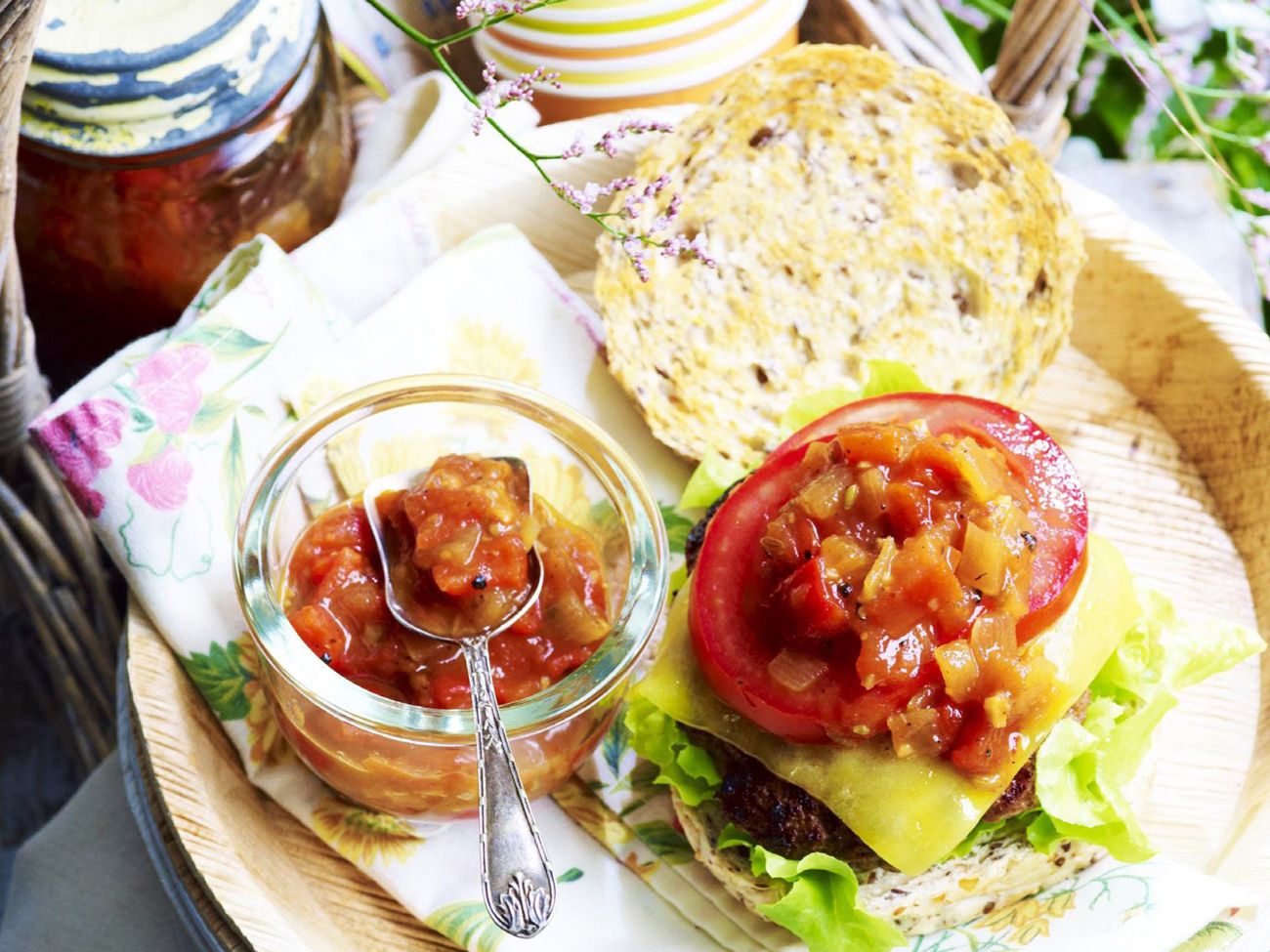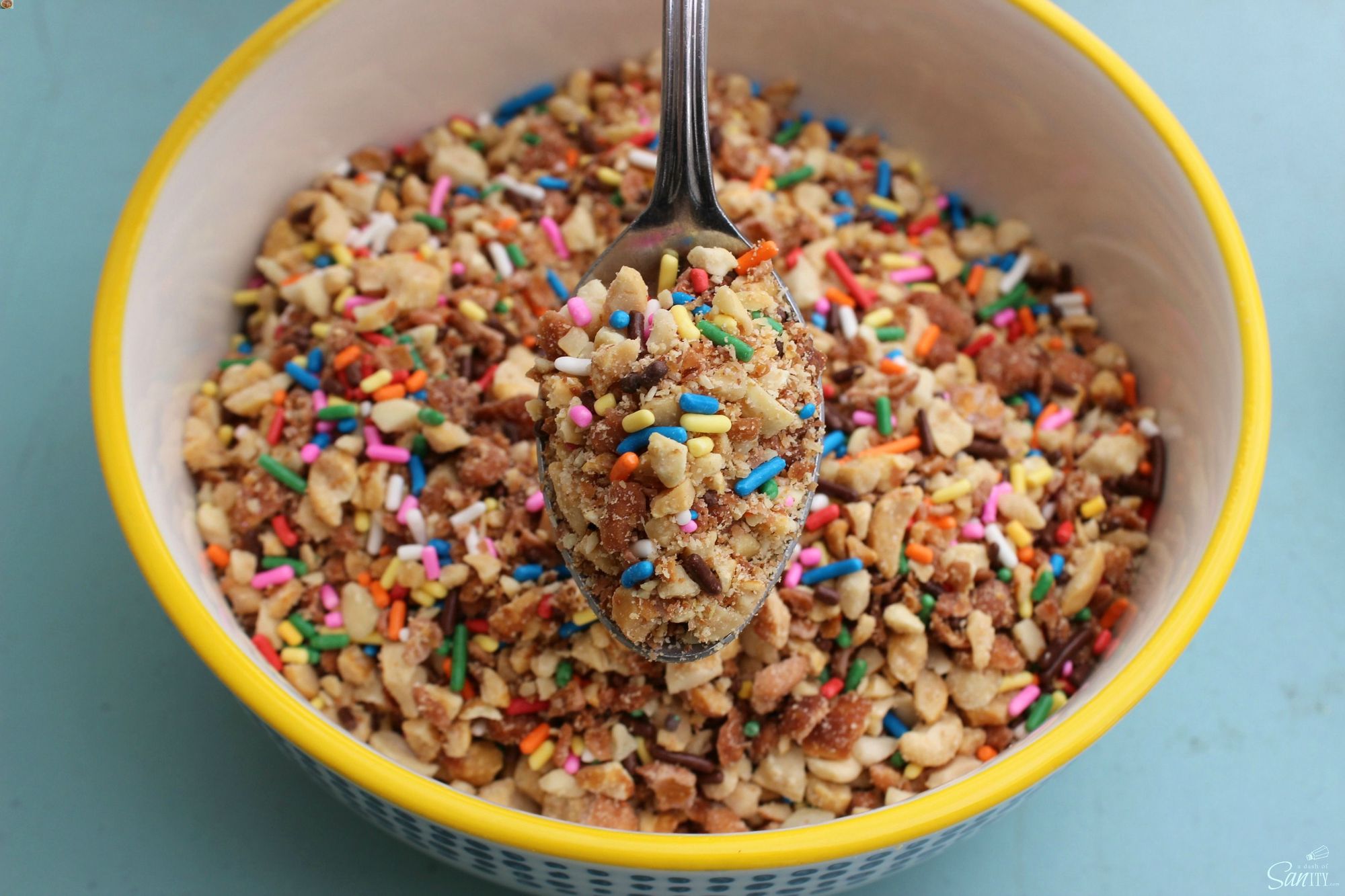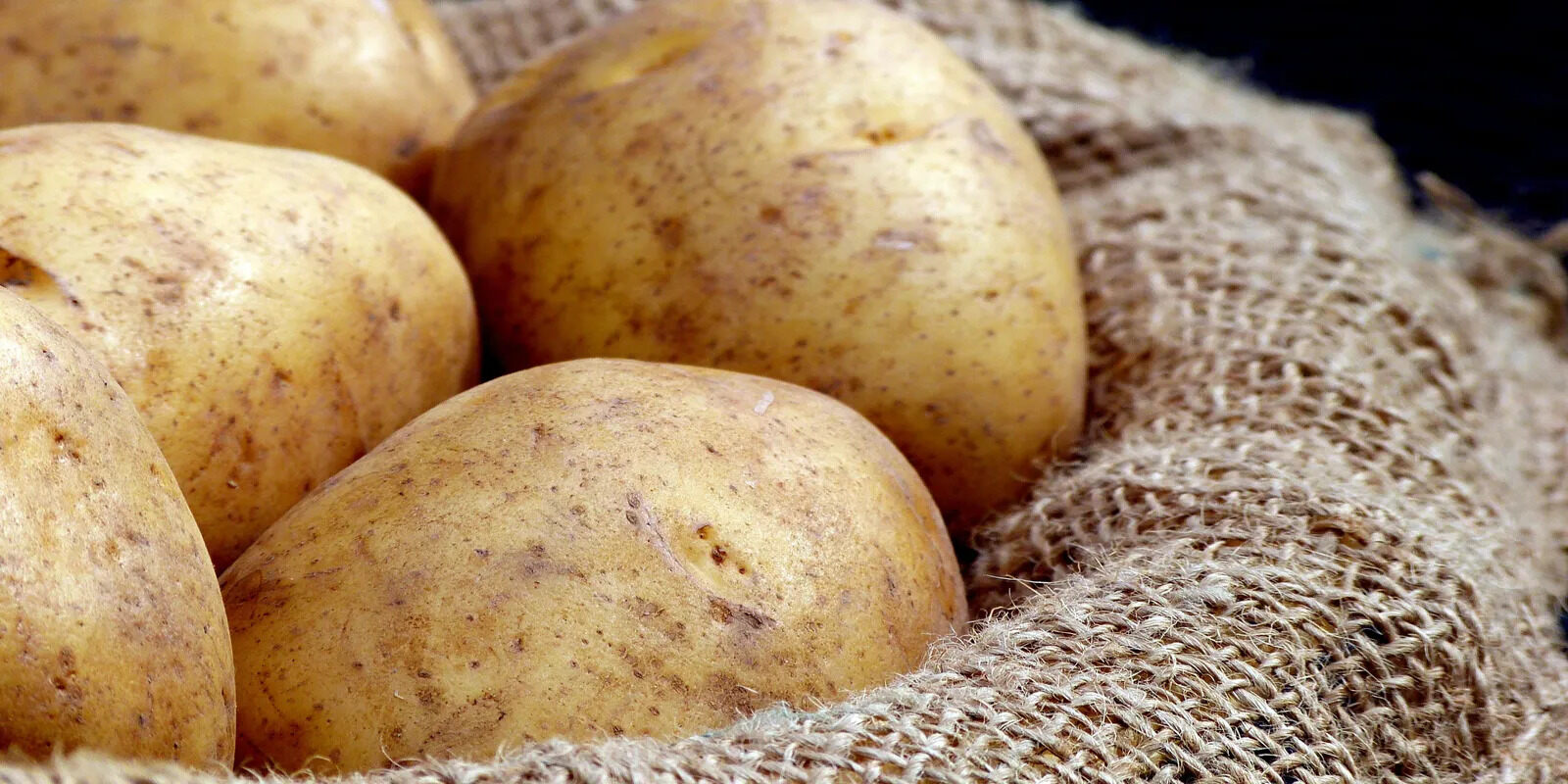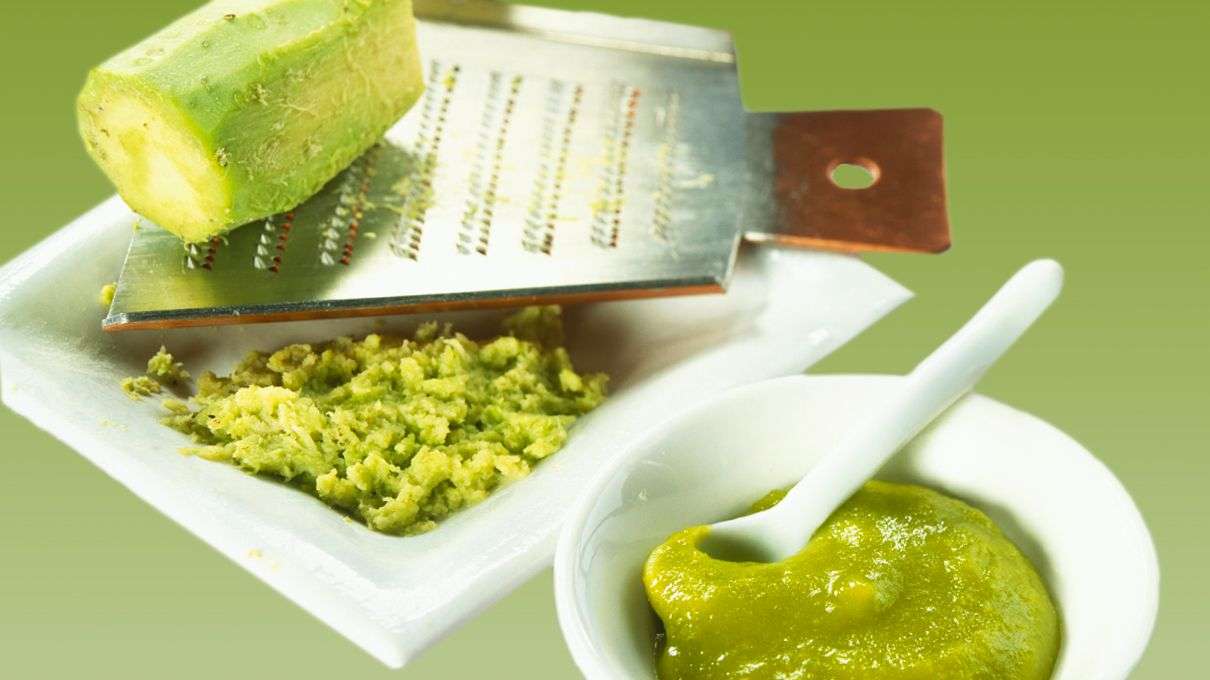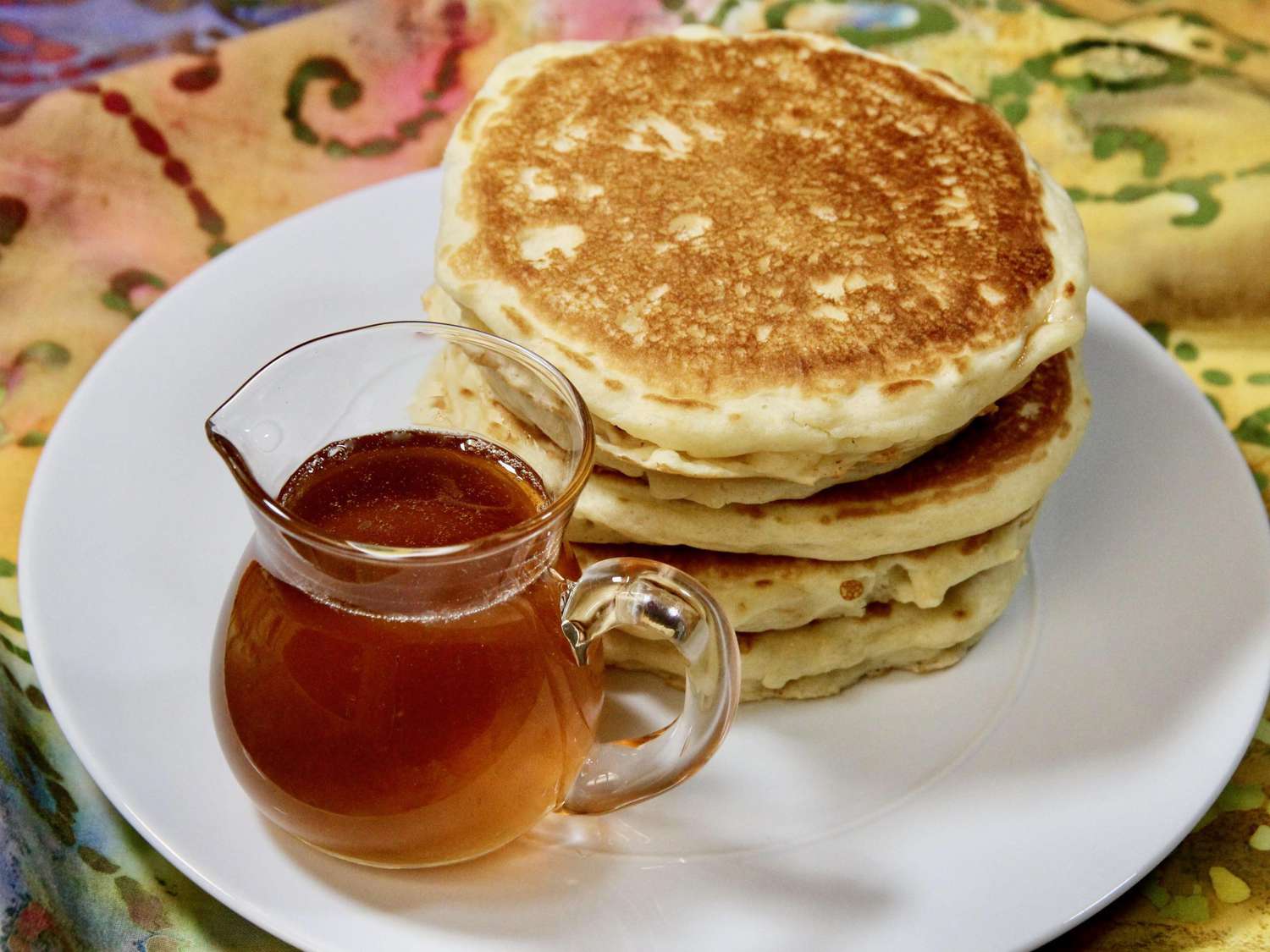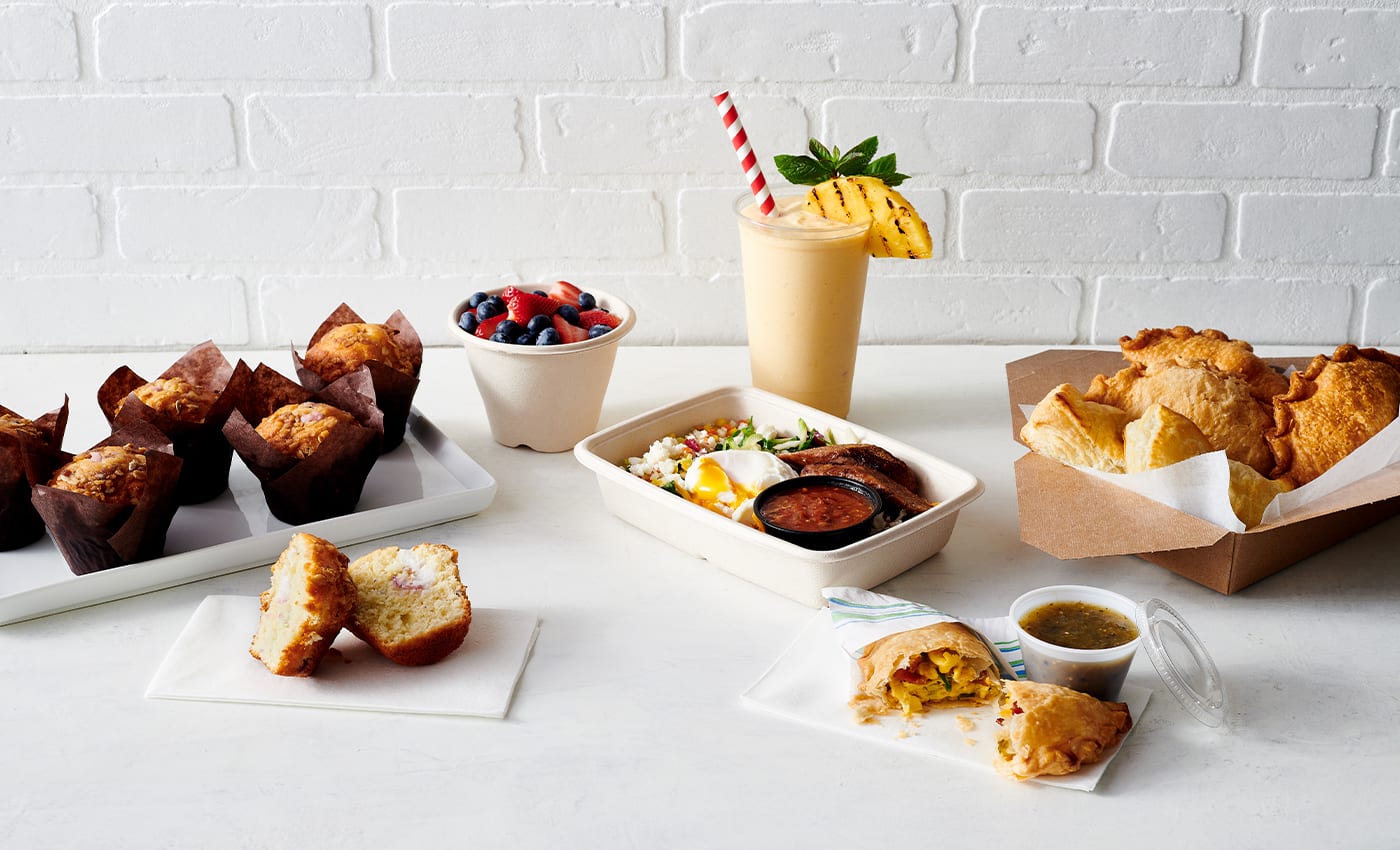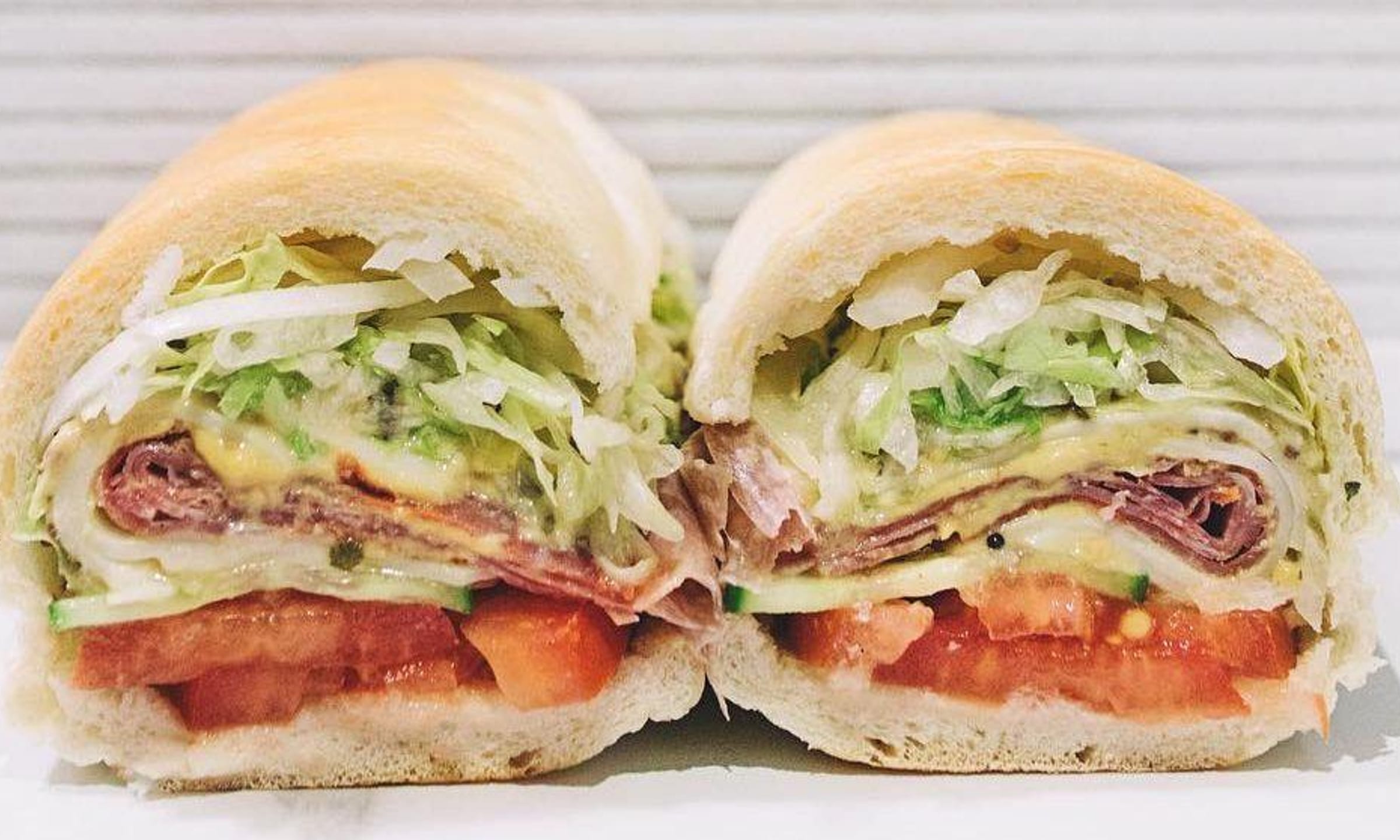Understanding Eba Food: A Staple of Nigerian Cuisine
When it comes to Nigerian cuisine, one dish that stands out as a staple is Eba. This popular food item is a type of swallow, which is a term used to describe a variety of starchy foods that are eaten with soups and stews in Nigeria. Eba is made from garri, which is a fine flour made from fermented and dried cassava. It is a versatile and filling food that is enjoyed by people of all ages across Nigeria.
The Making of Eba
The process of making Eba is relatively simple, but it requires some skill to achieve the perfect consistency. Here’s a basic overview of how Eba is made:
- Start by boiling water in a pot.
- Once the water reaches a rolling boil, gradually add the garri while stirring continuously to prevent lumps from forming.
- Keep stirring until the garri thickens and forms a smooth, stretchy dough-like consistency.
- Remove the pot from the heat and allow the Eba to cool for a few minutes before shaping it into balls or serving it on a plate.
Eba is typically served alongside soups and stews such as egusi soup, okra soup, or vegetable soup. It is often enjoyed as a main course and is known for its ability to satisfy hunger and provide a substantial source of energy.
The Cultural Significance of Eba
In Nigerian culture, food plays a significant role in social gatherings and celebrations. Eba is often served at traditional events such as weddings, festivals, and family gatherings. It is a symbol of hospitality and is used to bring people together around the dining table.
Furthermore, Eba is a source of national pride for many Nigerians. It represents the rich culinary heritage of the country and is cherished as a beloved comfort food that evokes feelings of nostalgia and tradition.
Health Benefits of Eba
While Eba is a delicious and satisfying food, it also offers some nutritional benefits. Garri, the main ingredient in Eba, is a good source of carbohydrates and fiber. It provides energy and helps promote a healthy digestive system.
Additionally, Eba is often enjoyed with a variety of nutritious soups that contain vegetables, protein, and essential vitamins and minerals. When combined with a balanced diet, Eba can contribute to overall health and well-being.
Final Thoughts
As a cherished part of Nigerian cuisine, Eba holds a special place in the hearts and stomachs of many. Its simple yet satisfying nature, cultural significance, and nutritional value make it a beloved food choice for countless individuals. Whether enjoyed at a bustling market or a family dinner table, Eba continues to be a symbol of tradition and community in Nigeria.
So, the next time you have the opportunity to savor a plate of Eba, take a moment to appreciate the history and heritage that this humble yet remarkable food represents.
Was this page helpful?
Read Next: What Is The Best Deep Fryer

